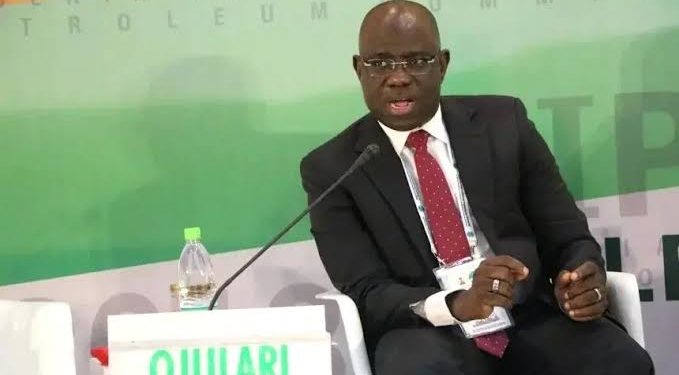Nigeria is seeking $60 billion in new investments over the next five to seven years to expand its gas infrastructure, scale up energy production, and reinforce its role in the global energy market, the Nigerian National Petroleum Company Limited (NNPCL) has announced.
The Group Chief Executive Officer of NNPCL disclosed this at the opening of the Gastech Exhibition and Conference in Milan, Italy, where delegates from more than 150 countries gathered to discuss the future of energy. He explained that the planned investments are central to Nigeria’s industrialisation drive and its ambition to meet growing global energy demand.
According to him, the goal is to increase natural gas production to 12 billion cubic feet per day while expanding refinery capacity. Nigeria currently produces about 1.6 million barrels of crude oil per day, with targets to reach 2 million bpd by 2027 and 3 million bpd by 2030.
He highlighted ongoing strategic projects, including the Ajaokuta–Kaduna–Kano (AKK) gas pipeline, the extension of the West African Gas Pipeline to Morocco and Europe, and the expansion of the Nigeria LNG project. Nigeria already supplies 60 per cent of LNG to Portugal and Spain and is constructing Train 7 of the LNG project, expected to be completed in 2026, with future plans for Trains 8 and 9.
“We want to take advantage of the current high global energy demand, which is expected to keep rising. Nigeria has one of the best-run LNG businesses in the world, and our aim is to grow it further,” he said.
On clean energy, he noted that the government is promoting LPG adoption through a programme to deliver 2 million cylinders nationwide and rolling out a compressed natural gas (CNG) transition scheme for vehicles and machinery. He added that Nigeria has over 200 undeveloped oil and gas fields, describing them as greenfield opportunities for international investors.
The NNPCL chief explained that the Petroleum Industry Act (PIA), signed into law in 2021, has transformed NNPC into a limited liability company, allowing it to access funding directly and forge stronger global partnerships.
He also emphasised Nigeria’s role in global energy security, noting that geopolitical shifts such as the Russia-Ukraine war have accelerated regional pipeline diplomacy. Projects like the Nigeria-Morocco Gas Pipeline and the Trans-Saharan Gas Pipeline with Algeria and Equatorial Guinea are part of efforts to connect West Africa to Europe and expand regional energy interconnectivity.
Speaking at the same event, the Minister of State for Petroleum Resources (Gas) reaffirmed the government’s commitment to leveraging Nigeria’s vast gas reserves estimated at 210 trillion cubic feet to drive industrialisation, create jobs, and support clean energy transition. He stressed that natural gas remains central to powering industries, agriculture, clean cooking, and public health.
He added that the Nigeria Liquefied Natural Gas project aims to raise production from 22 million metric tonnes per annum (MTPA) to 30 MTPA once Train 7 is completed.
“Our natural gas is the bridge to renewables and the anchor point for developing countries like Nigeria to ensure we are not left behind in the global energy transition,” he said.
Nigeria’s participation at the Milan summit underscores its ambition to position itself as a key player in the evolving global energy landscape, attract fresh investments, and unlock the economic potential of its vast energy resources.










